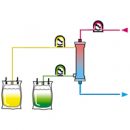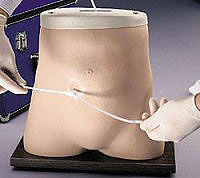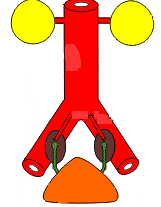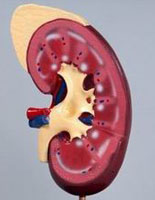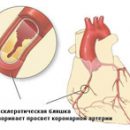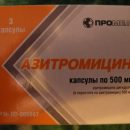Headache - Academy of Analgin. The situation is familiar and, you can even say, permanent. But it is precisely this constant and dangerous because «Eye» Analgina can be «ruin» kidney.
Content
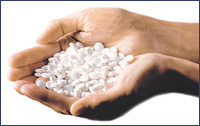
What medications most often cause kidney defeat? The leaders are painful and antipyretic drugs, in most cases combined, which include the so-called nonarcotic analgesics (NNA) - Analgin, paracetamol, and others., as well as non-steroidal anti-inflammatory drugs (NSAIDs), such as indomethacin, diclofenak, etc. The following are diuretic drugs in the frequency of complications, and recently biologically active additives and phytopreparations. The philistical idea of the harmlessness of phytotherapy has now led to a real threat to the health of the population.
In the structure of chronic drug nephropathy, analgesic nephropathy is a special place of analgesic nephropathy - chronic kidney damage caused by a long admission of non-nancotic analgesics (NNA) and non-steroidal anti-inflammatory drugs (NSAIDs), which is associated with their high effectiveness against pain symptoms of various genes and accessibility.
The clinical manifestations of the disease add up of signs of lesion of the urinary system. First of all, it is a progressive deterioration in the ability to concentrate urine, manifested by a decrease in its relative density, the increase in urination, preferential urination at night, the formation of urinary stones, the disorder of the electrolyte balance, accompanied by muscle weakness, violating phosphorus - calcium exchange with the development of the skeleton pathology. Sometimes there is a blood admixture in the urine (hematuria), which may be a formidable symptom of the development of necrosis (samples) of part of the excretory tract or a malignant tumor of urinary tract. Arterial hypertension occurs often, but not necessarily. The outcome of prolonged dosage damage to the kidneys is to reduce their function, up to terminal renal failure, in the stage of which this disease is usually diagnosed.
It is most dangerous to take these drugs during dehydration (for example, with long-term diuretic reception), diseases of the liver, heart failure, preceding operational interventions, as well as elderly patients, prone to water and electrolyte violations. Inducting kidney damage factors can be heavy physical exertion, alcohol use, preceding drug intake.
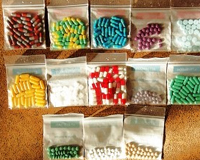
In Belgium in 1991 - 1992. 9 cases of rapid development of terminal renal failure in young women as a result of treatment of obesity with certain types of Chinese herbs in traditional clinics. Similar cases are known in France and Great Britain. It has been established that the toxic effect on the kidney has an aristology acid contained in some Chinese herbs. Along with the toxic effect, this substance, as shown in clinical and experimental studies, contributes to the development of malignant urinary tract tumors. If the total dose of aristology acid is large enough, the kidney defeat can progress and then when the reception of Chinese herbs is terminated. It should be noted that for the first time the nephrotoxicity of this substance was described in Chinese medical literature in 1964 and confirmed in experimental studies.
In most countries, plant preparations are not considered drugs. At the same time, in California, a study of 251 imported patented Asian ayurvedic herbal product was established that 32 percent of them contained non-declared pharmaceutical agents and heavy metals (lead, mercury, cadmium, arsenic) in potentially toxic amounts, but annotations claimed to be contained Only natural components.
Despite a number of data on potential health hazard, many biodendage (biologically active additives) continue to be widely available. Often they are sold under various names and as part of combined drugs, which makes it difficult for buyers to identify themselves as part of a finished product. In addition, 70 percent of patients do not report doctors about the fact of using various means of alternative medicine. The high risk of complications is associated with the use of herbal means and biologically active additives in conjunction with drugs.
A large problem of modern society is currently represented by self-accessible drugs, and especially the reception «miraculous harmless tools from herbs and practically from all diseases».

